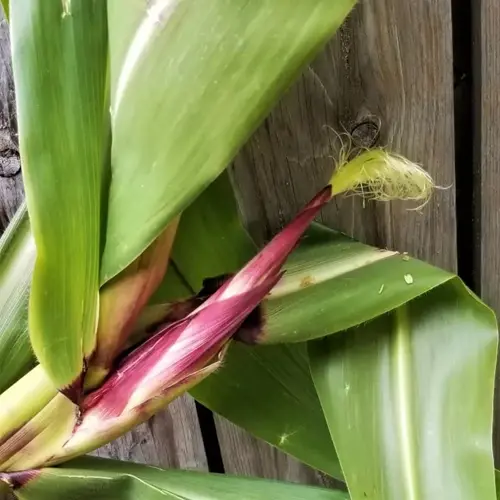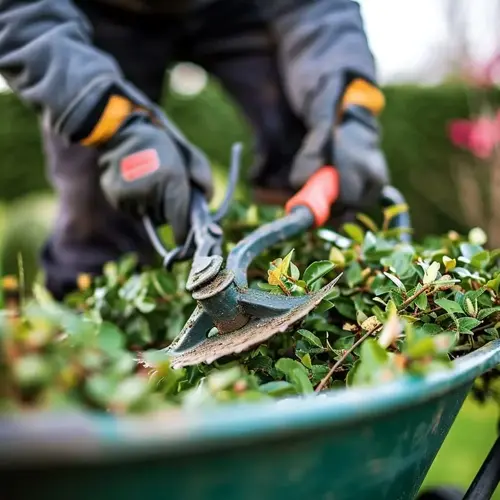What wood should be avoided in raised garden beds?

Written by
Tina Carter
Reviewed by
Prof. Martin Thorne, Ph.D.Choosing the appropriate timber materials for raised garden beds can pose serious health hazards to your garden. Certain chemically treated woods, such as older pressure-treated lumber, may contain arsenic, which can leach into the surrounding soil. Recycled pallets may harbor toxic fungicides, while railroad ties are treated with creosote, which can seep into the soil. These contaminants can remain in the edible plant for years or decades.
Chromated Copper Arsenate Lumber
- Pre 2004 pressure treated wood contains carcinogenic arsenic
- Leaches into soil and accumulates in root vegetables
- Banned for residential use but still found in older structures
- Requires professional disposal if removed
Recycled Pallets
- Often treated with methyl bromide fungicides
- Nails and splinters cause injury during deconstruction
- Unknown chemical history from transported goods
- HT stamp doesn't guarantee food safety
Railroad Ties
- Creosote preservative causes skin irritation and plant toxicity
- Leaches polycyclic aromatic hydrocarbons into soil
- Heavy weight makes installation difficult
- Prohibited by organic gardening standards
Today's pressure-treated wood may use safer copper treatments instead of arsenic, but that still requires respect. After observing fluctuations in copper levels in soil tests, I now line these beds with 10-mil polyethylene barriers. For edible gardens, I prefer using naturally rot-resistant types of wood that are untreated with chemicals. Cedar and redwood allow me to rest a little easier.
Search for certificates like OMRI for organic use and FSC for sustainable sourcing. I grew cautious about using wood from unclear sources after finding pesticide residues in creosote-recovered lumber, and now only buy certified and labeled wood. Pay attention to the treatment labels, as many retailers, especially discount ones, sell items that are old stock. If there is any doubt, I tend to err on the side of caution and assume wood is unsafe for food use.
Some alternatives do not compromise safety. Cedar fencing pickets are less expensive than premium wood and provide natural protection. I make temporary beds from untreated pine with linseed oil sealers. They last for 3 to 4 years without contaminating the soil. Always choose safety over cheaper alternatives.
If you inherit a garden and are unsure about the materials in the existing beds, test the soil to determine its quality. Soil labs analyze soil for arsenic, lead, and creosote. I found dangerous levels of arsenic in a raised bed made of old decking wood, so I immediately replaced it with new certified cedar. I wanted my vegetables to remain safe.
Read the full article: Best Raised Bed Materials for Your Garden

